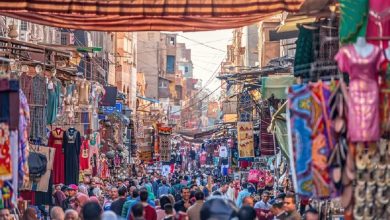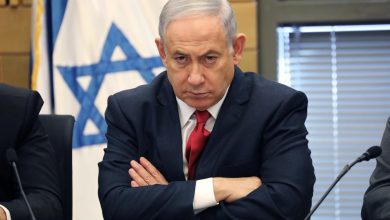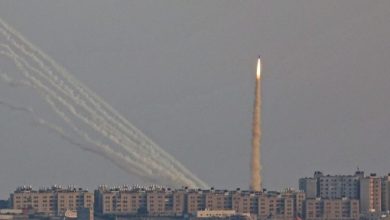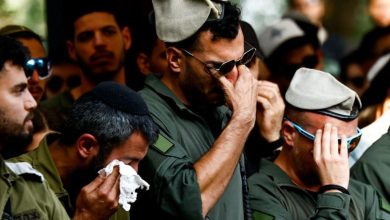Calls to End War for Hostages—But What About Gaza’s 2 Million Victims?
While calls to free Israeli hostages grow louder, a selective moral lens continues to ignore the catastrophic suffering of millions of Palestinians in Gaza.
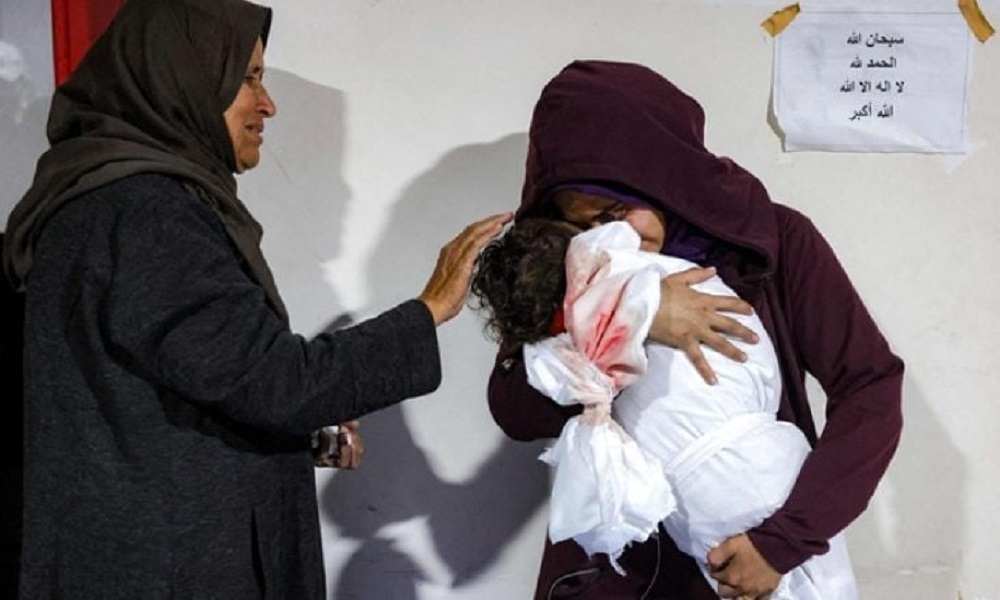
Watan-All protest letters against the war deserve appreciation; yet, all of them arrived late—and cowardly. Their release might give the impression that only 59 people are suffering in the Gaza Strip now, as if no one else is around them, as if 50,000 killed, or tens of thousands of orphaned, traumatized, and disabled children, or 2 million displaced people in desperate need of everything simply do not exist. It is not just the 59 hostages, living and dead, whose blood is sacred and freedom is valued above all else.
According to these letters, the hostages are the victims of the war. But anyone reading these “brave” letters sees Israel’s distorted and selective morality, even among its best people. The horrific implication between the lines is that once the hostages are freed (and only if Netanyahu is removed), then the bloodshed in Gaza can continue unhindered—because the war is still “just.”
While many celebrate these letters, there’s a shocking silence over the lack of a single message calling for an end to the war as a crime against humanity. The fate of the hostages should shake every Israeli and every human being, but when the focus is solely on them, ignoring the suffering of 2 million others, we see this extreme nationalistic morality: “Israeli blood and Israeli freedom above all.”
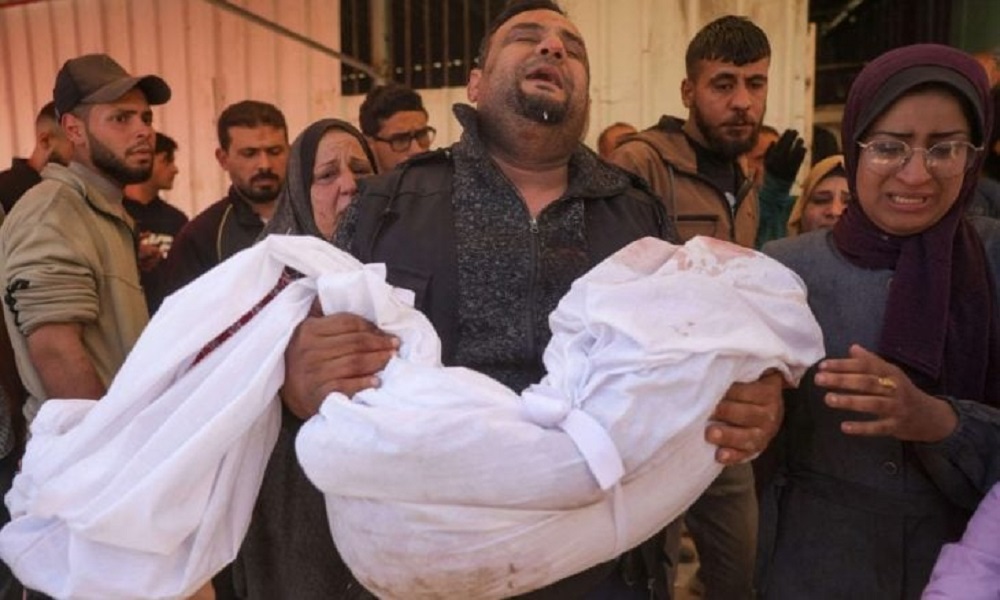
Selective Morality: A Cautious Protest that Ignores Gaza’s True Tragedy
Of course, every nation prioritizes its children. But turning our backs on the victims we’ve caused—on this massive scale—feels utterly hopeless. No truly conscientious person can sign these letters. Some letters pay token lip service to Gaza’s victims, to ease the moral burden. The pilots mention “innocent civilians,” without clarifying whom they mean—maybe they meant Israelis living near Gaza. The writers mustered the courage to say there was “harm to Gaza residents” and “terrible harm to innocents,” as they should. But even then, the underlying motive was to end the war for the hostages’ sake.
The 2,000 paratroopers, infantry soldiers, 1,700 armored corps soldiers, 1,055 pilots and air crews, even 200 “Talpiot” soldiers from nearly all army units, signed. Army leaders threatened them with dismissal, adding a layer of artificial drama to what remains a minor protest.
Later, artists and engineers “woke up” after a year and a half of atrocities and silence. Their copy-pasted message: “End the war to save the hostages.” A cautious, calculated protest—not about refusal of service, not about sticking a courageous hand into the fire. Those who drafted these letters knew that if they prioritized Palestinian victims, many would refuse to sign.

The signatories are right: The war must be stopped to save the hostages. But that is not the only or even the main reason. The war must end first and foremost because of what is being done to two million people, the vast majority of them innocent and helpless. There is no need to describe or compare suffering to understand that.
The hostages and their families are enduring inhumane suffering that must stop immediately. At the same time, we must shout just as loudly against the killing of journalists and medical crews (Israeli medical workers, including doctors, deserve praise for speaking out), against the bombing of hospitals and schools, the forced displacement of people like pawns, and the total destruction carried out by the Israeli army with no purpose or justification. In Gaza, 59 Israeli hostages are dying—they must be freed immediately. But contrary to the dominant belief in Israel, they are not the only ones dying in Gaza who must be saved from suffering—immediately.



